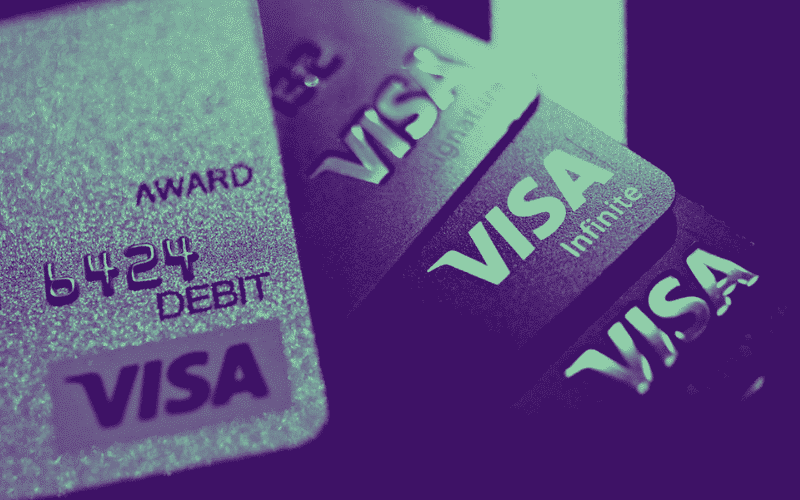Payments giant Visa published a blog post outlining a new solution that enables automated programmable payments for self-custodial wallets on Ethereum.
According to the blog post, the concept involves potentially handing access to one’s private keys to a smart contract in charge of making payments on one’s behalf.
In essence, auto-payments have the potential to jeopardize the security offered by self-custody, and enabling auto-payments for self-custodial wallets is difficult.
Visa proposes Account Abstraction (AA) that combines user accounts and smart contracts into just one Ethereum account type by making user accounts function like smart contracts.
Utilizing AA, Visa intends to develop a new kind of account contract called a “delegable account” as its answer to auto payments. On a delegable account, which would not need the owner’s signature each time a payment is made, users would be able to build a whitelist of pre-approved auto payments.
Ethereum is made for “push payments,” which are transactions that are often sent with the requirement for user signatures.
Visa wants to let merchants begin “pull payments”; customers could choose to accept these recurring payments, which could be limited to a specific monthly payment limit or customized.
A modification in how the Ethereum network handles accounts is necessary for the implementation. At the moment, only user accounts are permitted to start transactions on Ethereum’s mainnet; smart contracts are not.
The StarkNet scaling platform was used by Visa to implement the solution because account abstraction, which enables smart contracts to process transactions on behalf of a customer, isn’t yet operational on Ethereum Mainnet.
Visa stated, “We see auto-payments as a core functionality that the existing blockchain infrastructure lacks. Using the approach we have introduced, other real-world applications beyond recurring payments could be brought to the blockchain.”
Also Read: Visa Grows Exponentially following Crypto Adoption






